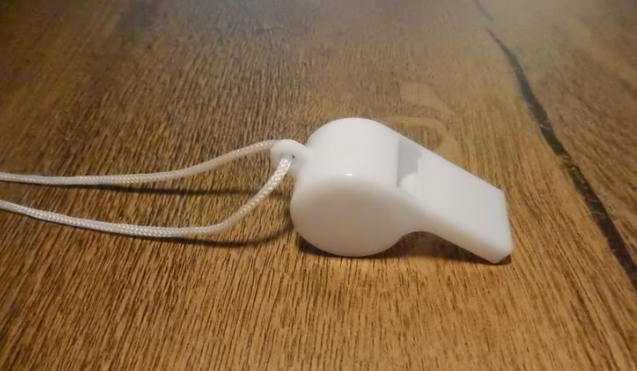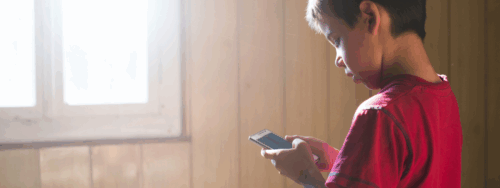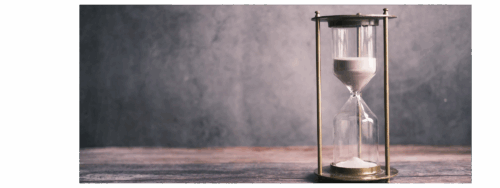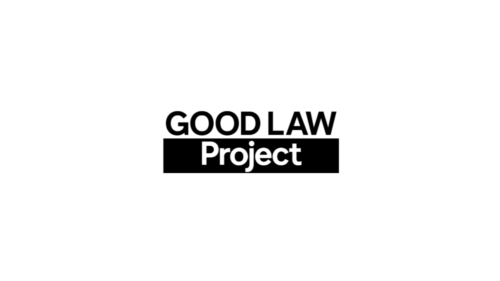Call us now 01926 402 498
News
Labour MP apologises for dismissing grooming scandal as a political tool
Labour MP and Cabinet Minister Lucy Powell has issued an apology following remarks made during a BBC Radio 4 interview, which many—including survivors of child sexual exploitation—have condemned as dismissive of the trauma endured by victims of grooming gangs.
The controversy unfolded during Any Questions, broadcast on Friday 2nd May 2025, when political commentator Tim Montgomerie raised the Channel 4 documentary Groomed: A National Scandal. The programme highlights the voices of five women who were groomed and abused by gangs over a span of two decades, exposing institutional failures in safeguarding and justice.
Powell, MP for Manchester Central, responded with the comment:
“Oh, we want to blow that little trumpet now, do we? Let’s get that dog whistle out, shall we?”
Her remark – interpreted by many as reducing the survivors’ experiences to a political talking point – sparked widespread backlash across social media, among advocacy groups, and within her own party. Survivors and campaigners expressed deep hurt, accusing Powell of trivialising the severity of systemic child abuse.
“We feel abused and disrespected once again”
The Channel 4 documentary, aired in April 2025, sheds light on decades of organised child sexual abuse that went unchallenged by police, social services, and local authorities. The survivors, including some from Powell’s own constituency, were not only failed by those meant to protect them but were also blamed, insulted, and ignored. The programme highlights how authorities often avoided action for fear of being accused of racism, leaving victims without justice and perpetrators free to continue their abuse.
“Scarlett and I, who shared our story in the documentary despite the emotional challenges, are outraged by Lucy Powell,” said Marlon, the father of one of the survivors featured. “We feel abused and disrespected once again, and we did not anticipate this kind of treatment from our government leaders.”
Powell regrets the impression her comments gave
In response to the backlash, Powell published an apology on social media the following day:
“In the heat of a discussion on [Any Questions], I would like to clarify that I regard issues of child exploitation & grooming with the utmost seriousness. I’m sorry if this was unclear.”
“I was challenging the political point scoring around it, not the issue itself.”
Her colleagues, including Labour’s Wes Streeting, have reiterated that Powell regrets the impression her comments gave, and that her intention was to criticise the politicisation of the issue, not the survivors or their stories. Nonetheless, survivors and supporters continue to call for stronger recognition of harm caused. As well as concrete action to rebuild trust.
Understanding the Grooming Scandal
The grooming gang crisis first gained public attention in 2002 and continues to unfold. In Rotherham alone, at least 1,400 girls were believed to have been abused between 1997 and 2013. In Telford, reports suggest over 1,000 children were targeted over three decades. Rochdale’s inquiry identified at least 74 probable victims, though the full scale of the abuse remains contested due to underreporting and institutional negligence.
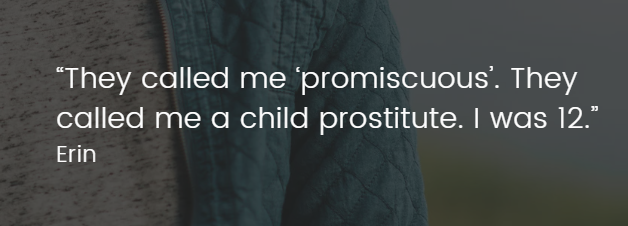
Directed by BAFTA-winning filmmaker Anna Hall, Groomed: A National Scandal offers a deeply personal insight into survivors’ lives, many of whom were targeted from as young as 11 years old. The girls were trafficked, raped, and passed between abusers. When they sought help, their pleas were often met with disbelief or blame. Some were labelled “promiscuous” or referred to as “child prostitutes” by authorities, while concrete evidence of rape was ignored.
Greater Manchester Police (GMP), one of the forces implicated in historical failings, has since acknowledged their past inaction. A GMP spokesperson stated:
“We badly let down vulnerable young girls.”
In recent years, GMP has committed to renewed efforts to pursue justice, including:
- Creating a specialist unit to investigate historic child sexual exploitation
- Making 86 arrests and securing 71 years of combined convictions
- Continuing the active investigation Operation Green Jacket
Safeline’s Position
At Safeline, we work every day with survivors who’ve been harmed not only by perpetrators but by systems that failed to protect them. Dismissive commentary from public figures—no matter the intent—can re-traumatise survivors and undermine efforts toward justice.
Survivors who bravely share their stories, often at great personal cost, deserve to be heard with compassion and respect—not reduced to political rhetoric.
We stand with them. Always.
No survivor should be blamed.
No child should be overlooked.
No community should be scapegoated.
What Safeline Does
We are committed to supporting survivors and preventing future abuse through:
- Free, specialist counselling and advocacy for individuals of all ages and genders
- Education and prevention workshops on grooming and exploitation
- Campaigning for accountability and systemic change across institutions
Abuse is complex. Listening to survivors is not. We urge all public leaders to do the latter with humility and care.
If you have been affected by grooming or sexual abuse, Safeline is here for you.
Stay up to date with Safeline’s work by following us on Facebook, Instagram, and Twitter!

